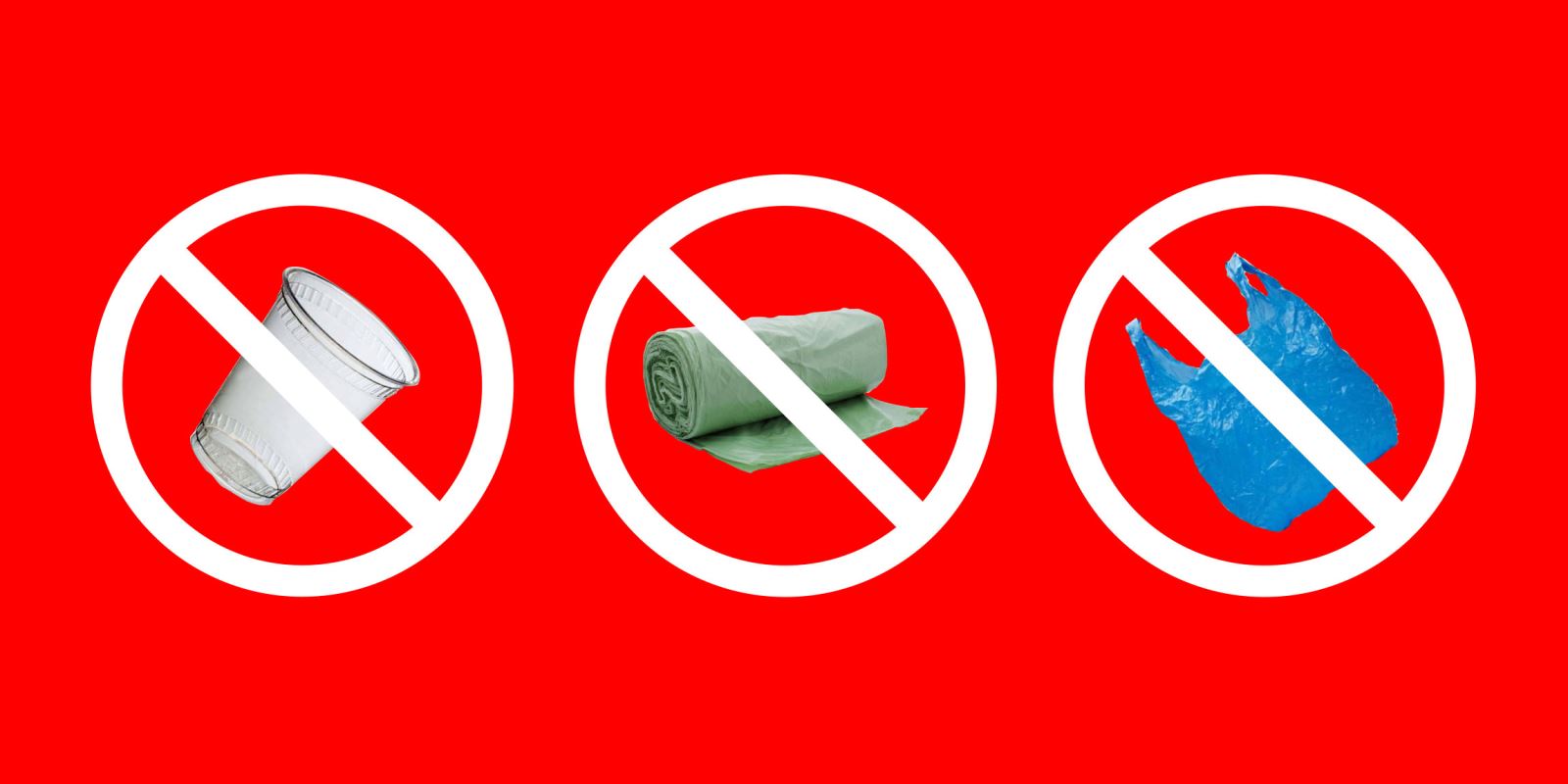Water Is Everything The Daily Drop The Dirty Truth About Compostable Plastics

The Dirty Truth About Compostable Plastics
August 27, 2018
Have you seen plastic cups marked as eco-, bio- or plant-based and 100% biodegradable? This variety of plastic is made from PLA and has become increasingly popular in response to heightened awareness of pollution from single-use plastics.
Using it sounds like a no-brainer, but there’s a major problem. This type of plastic—used for cups, straws and other single-use items marketed as eco-friendly options—only degrades in industrial composting facilities with controlled exposure to certain levels of sun and heat; they are not designed to degrade in landfills, backyard composters or the ocean. These items often have miniscule, if any, printed instructions about how to properly dispose of them. We are misled into thinking they are a slam-dunk solution to single-use plastic, but the truth is not that simple.
There are a limited number of these special industrial recycling facilities nationwide, meaning proper disposal would require an immense organizational effort. For its recent BAN (Better Alternatives Now) List study, our charity partner The 5 Gyres Institute studied whether natural degradation was possible, burying and submerging this type of plastic for two years only to observe no signs of change when they were examined later. Even worse, placing these items incorrectly in standard recycling bins can lead to contamination of the recycling stream, making them no better, and arguably more harmful, than regular plastic. The best alternative to single-use plastic is reduction, refusing it when possible and reusing or recycling it when not.

